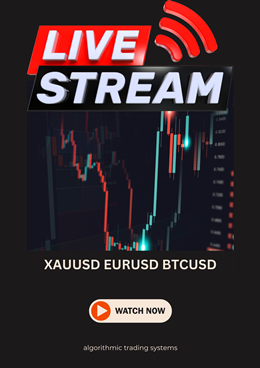The trader goes through an enormous array of emotions and thoughts during a trade. Some are good, some are bad, but it is rare to find a trader who consistently applies his plan.
[You must be registered and logged in to see this image.]
Emotion, or lack of discipline, is the greatest enemy of every trader. This is so true that one could argue that discipline is a more precious trading commodity than capital itself, since capital can only be sustained with discipline.
This is not to say that the trader does not have value to bring – he does. In moments of clear, objective contemplation, many traders – even novices – can be builders of excellent trading systems. These systems can take advantage of their understanding of the forces of forex and test out incredibly. Once live, however, the system falls apart.
Why?
The simple reason is that emotion has no place in trading. Emotion causes the trader to act differently following large wins or losses. Emotion causes the trader to act irrationally when large moves occur. Emotion causes the trader to apply his trading system inconsistently.
If you took a survey of successful traders you would find many similarities. The traders would understand and apply all of the forces of forex. They would usually trade incredibly simple trading systems. They would trade using conservative, well thought out money management philosophies, and they would trade with absolute consistency.
For the institutional investor, absolute consistency is not a problem, since they have an array of personnel and resources at their disposal. For individual investors, there are three groups. Those who trade without consistency, those who trade with manual consistency, and those who trade with automated consistency. The novice, of course, is the trader who thrashes from trade to trade. The individual investor who uses consistent discipline or automation as the foundation of his trading activity maximizes his level of sophistication.

 Events
Events Blog
Blog













